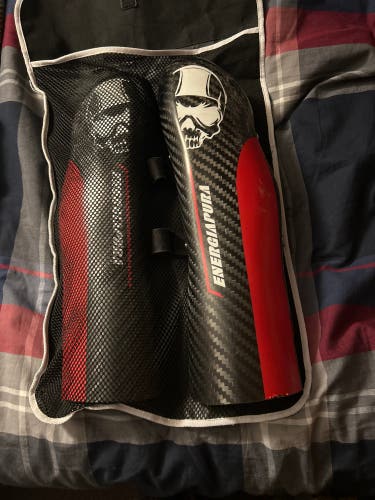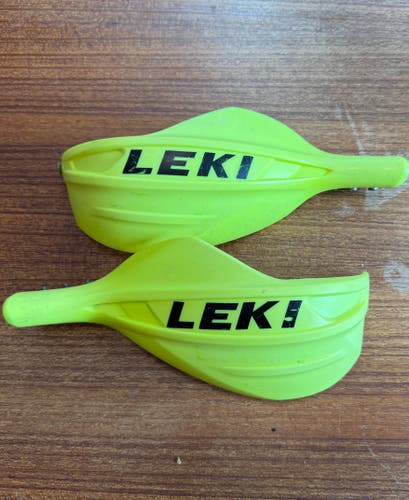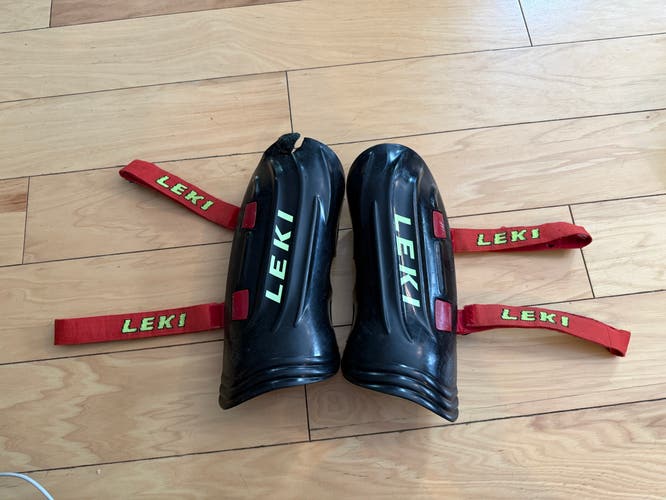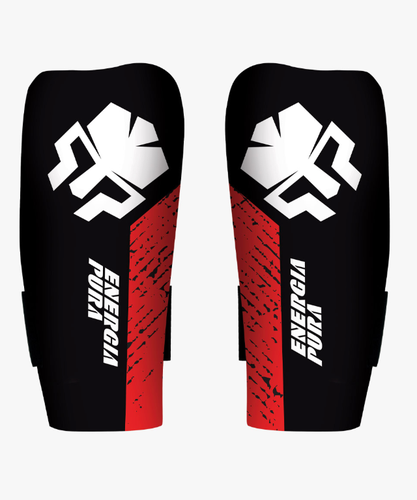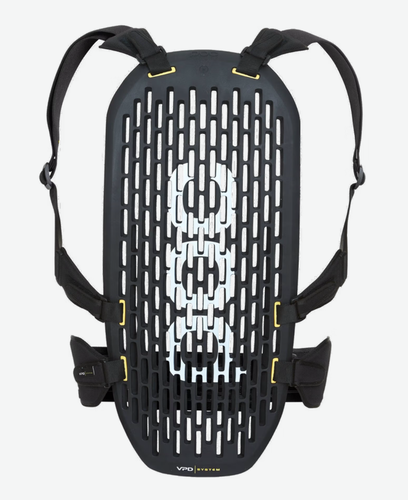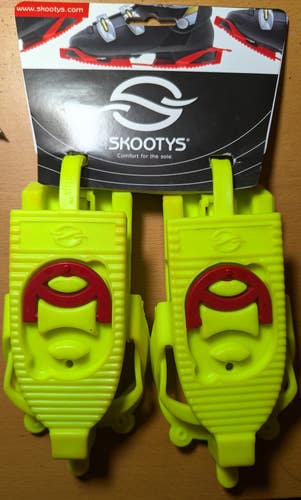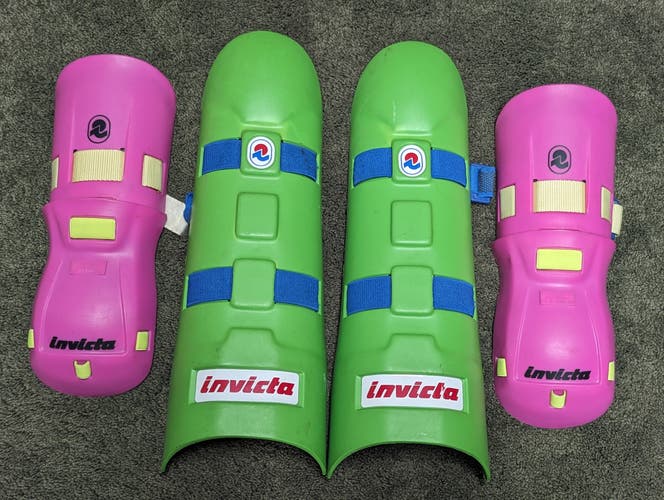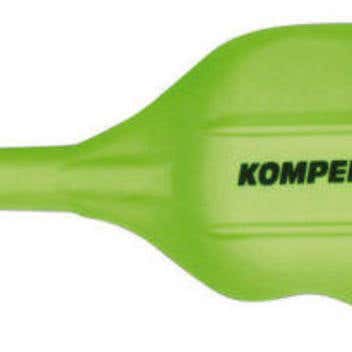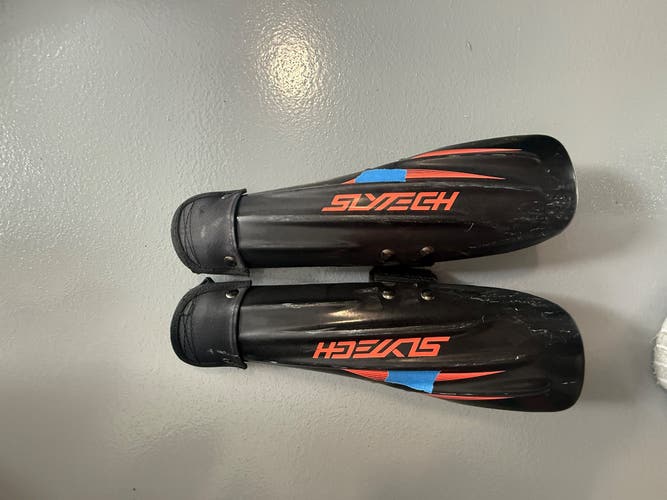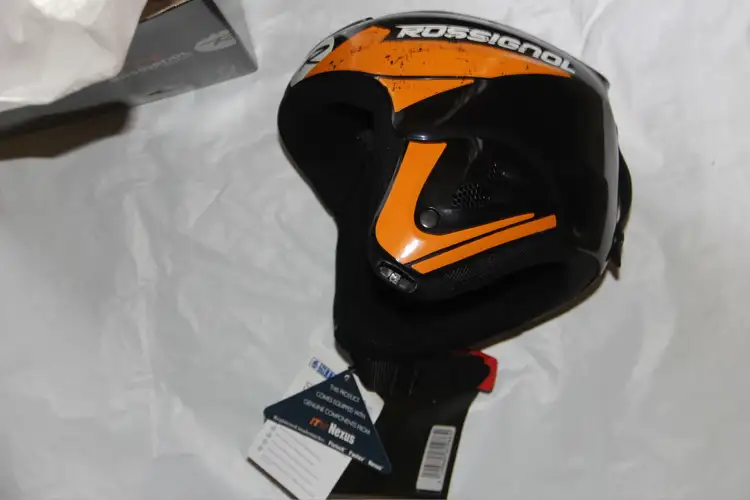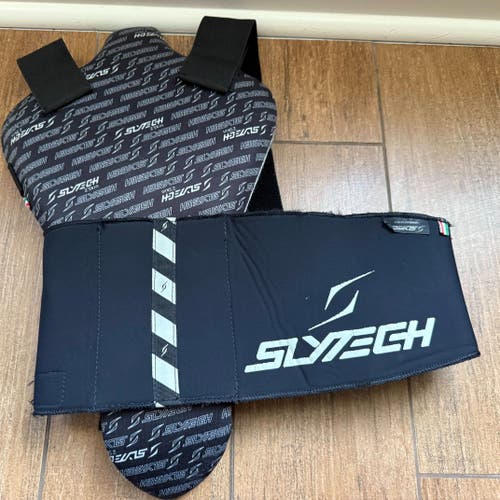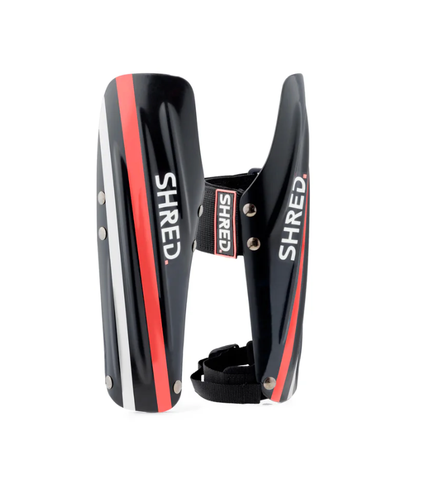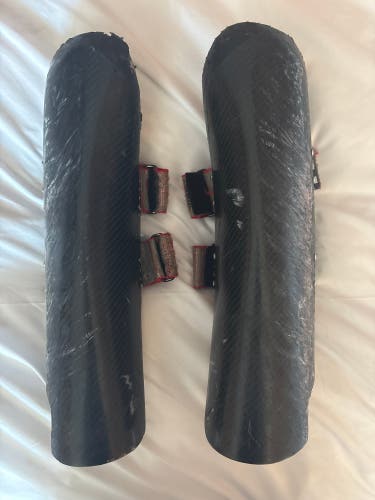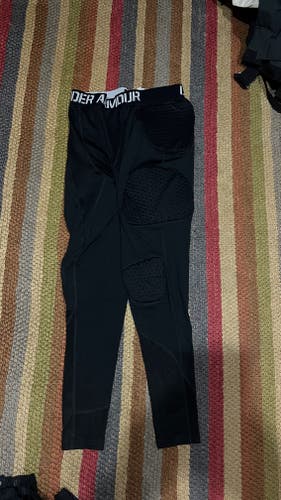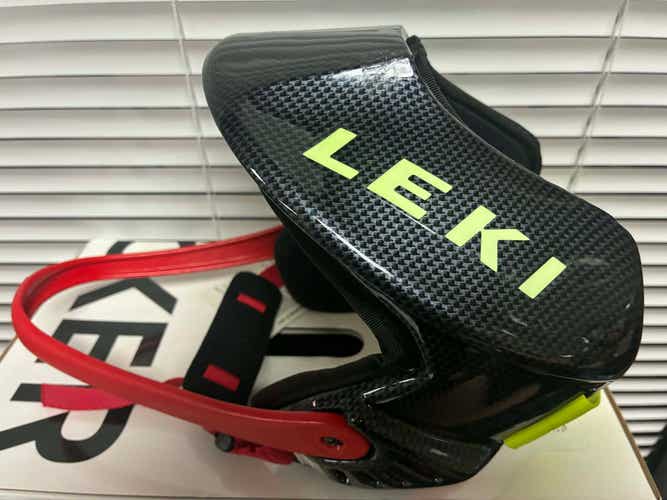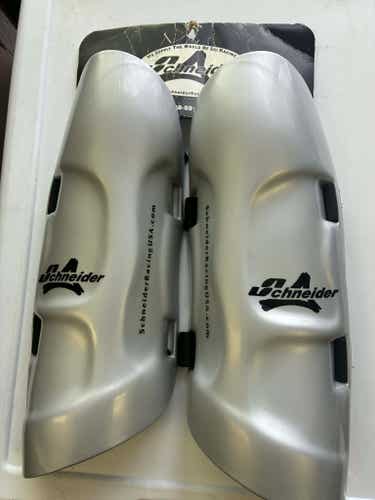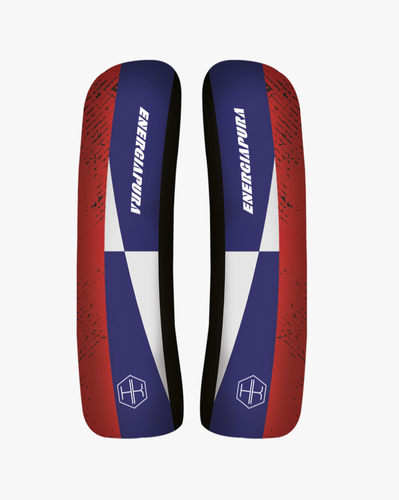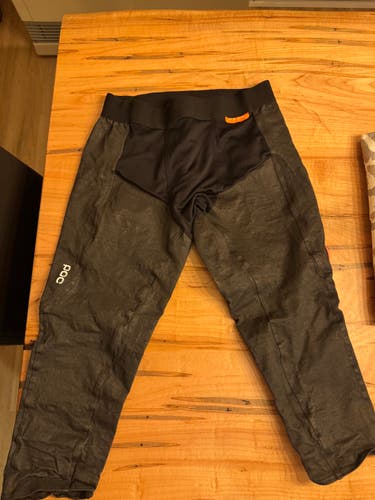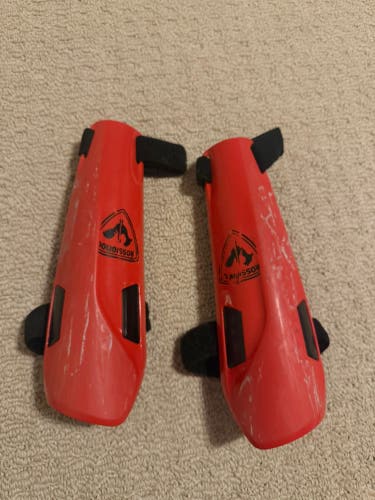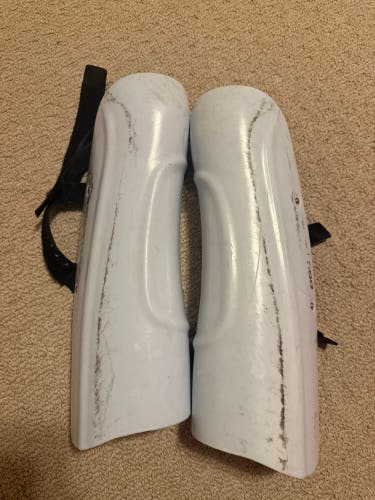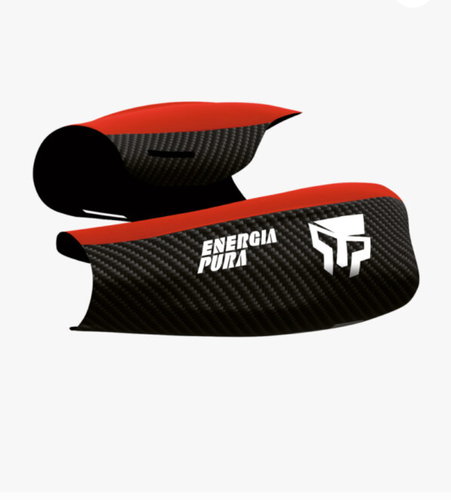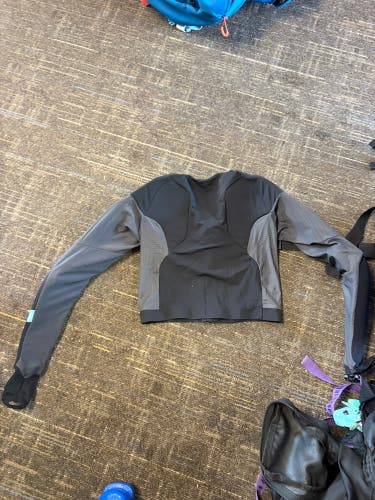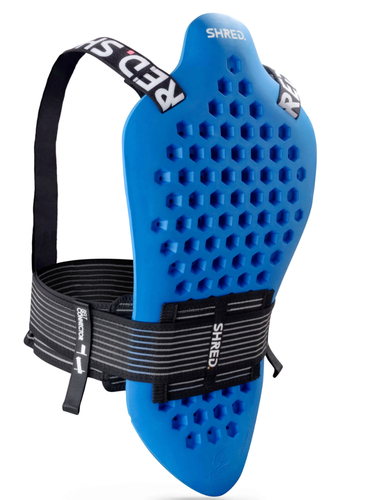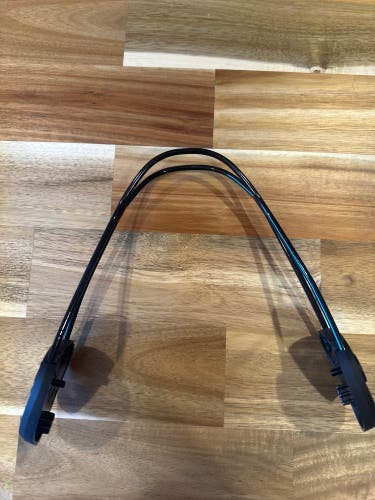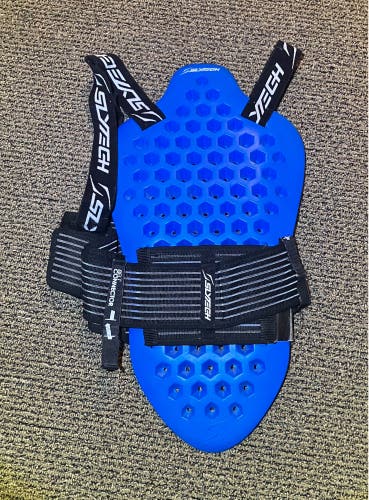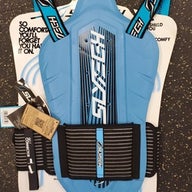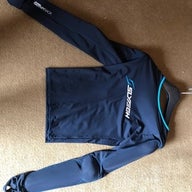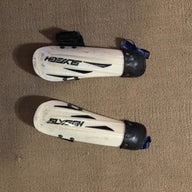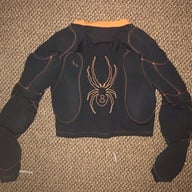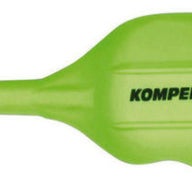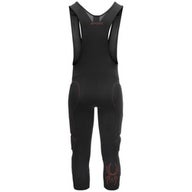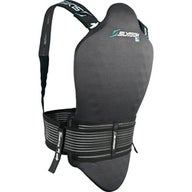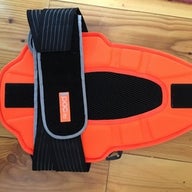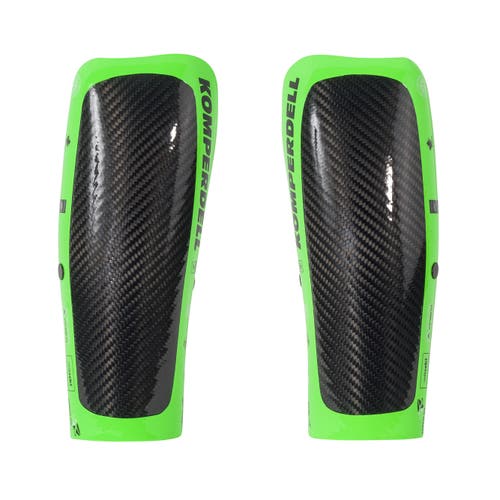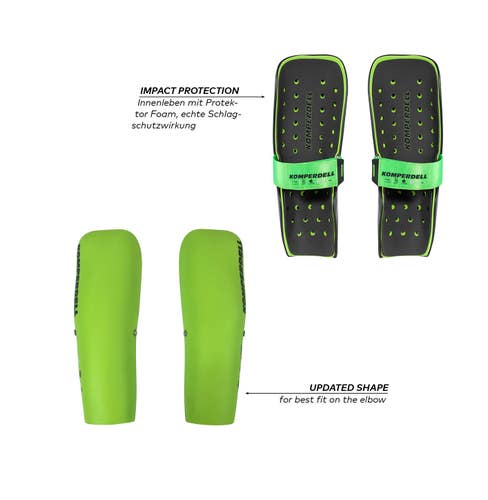Looking to hit the slopes with confidence? The right protective ski gear is essential for both seasoned skiers and newcomers seeking safety and performance on the mountain. At SidelineSwap, you'll find an extensive selection of used and clearance protective gear, allowing you to gear up without breaking the bank.
Investing in quality ski protection like helmets, pads, and goggles can make a world of difference. Helmets not only guard against impacts but also offer warmth and comfort, while goggles protect your eyes from harsh UV rays and flying debris. Pads and other protective gear shield your body from bumps and falls, ensuring that you spend more time enjoying the slopes and less time nursing injuries.
Choosing used and clearance gear from SidelineSwap is a smart way to access top brands at affordable prices. Our platform connects you with a community of ski enthusiasts who ensure that each piece of gear meets high standards for safety and quality. Plus, by purchasing used gear, you're also supporting sustainable practices, making your skiing experience eco-friendly.
Whether you’re carving through powder or cruising down groomed trails, protective ski gear is a must-have. Explore SidelineSwap’s selection today and feel confident knowing you're equipped with the best gear for both safety and style on the slopes.
